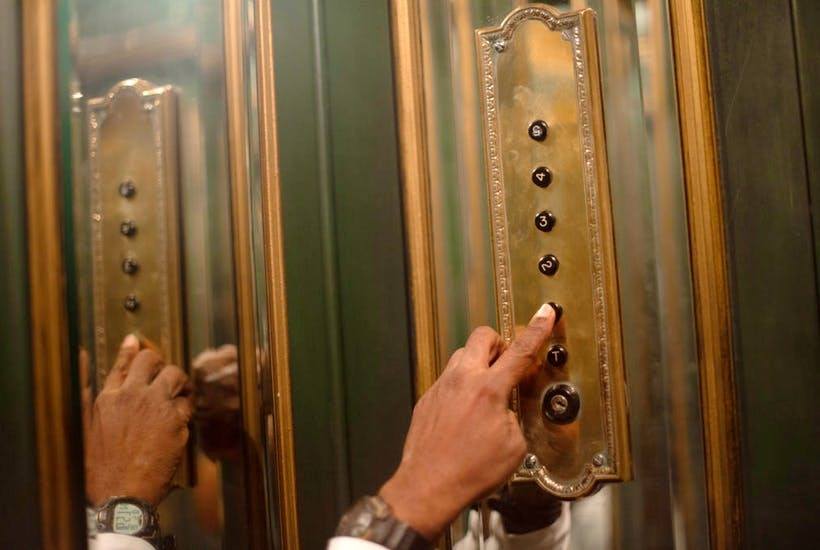The International Studies Association (ISA) meeting in San Francisco is a chance for academics the world over to come together. A few years back, I was voted ISA “distinguished scholar of the year.” But I’ll remember this year’s meeting for a different reason. Heading back to my hotel room in a crowded lift one day, the male attendant asked people to shout out their floors so he could press the relevant buttons; in response, I said: “ladies lingerie.”
Several days later, I learned that a fellow member of the ISA had filed a complaint against me and that I had been referred to its ethics committee. In an attempt to resolve matters, I wrote a conciliatory email to the woman who made the complaint: Professor Simona Sharoni, who teaches gender and women’s studies at a small New England college. As she did not grow up in the United States, I explained the intended meaning of what I said, apologised if it caused her discomfort and suggested we engage in a dialogue. I also said that I thought complaints about lame jokes such as mine could be unhelpful for real victims of harassment.
As a result, ISA found me guilty of mouthing a phrase they considered “inappropriate and offensive.” They also censored me for emailing Sharoni, insisting I offer an apology that would satisfy them and her. I refused, pointing out that my attempt to resolve things privately and amicably was in line with the ISA’s own rules. It seems bizarre that an organisation which preaches the value of dialogue over coercion, apparently opted for coercion from the outset.
In my 52 years of university teaching, I have worked happily alongside women – many of whom have jumped to my defence since this incident was first reported. Yet all this seemingly counts for little because of a silly, harmless quip.
“Ladies’ lingerie” is an old joke dating back to the days of manually operated elevators, when lift operators in department stores would yell out: “What floor?”. I meant no harm by my joke – a version of which even pops up in the Harry Potter books. Indeed, it was meant to be an attempt to make light of the mundane, boring process of being stuck in a lift. And why must such a comment have sexual or offensive connotations? We seem to have lost the distinction between someone being offended by what they have interpreted something to mean and what is in some more objective sense offensive. There were at least two ways the comment could have been seen: my ‘victim’s’ uncharitable way, as an inappropriate sexualised joke; or, alternatively, the way in which it was intended: a non-sexual joke about sharing a crowded elevator.
Academic life should be built on the idea of open discussion based on the possibility of interpretive variety. Is that really still the case? I’m not arguing for the right of people to say whatever they want. Of course, there are times when people must be sanctioned for being inappropriate. No one is suggesting otherwise. But does this row mean we can no longer tell jokes? If so, who interprets what is offensive and what is acceptable? If any party has the right to be the arbiter and subsequently demand an apology, we have lost freedom of speech. If an individual can take offence at the public utterance of “ladies lingerie” and have it deemed “inappropriate and offensive” it is a very slippery slope. Is saying “evolution” in an elevator also offensive, then?
Feminists and leftists have long complained that white men or capitalists use power to abuse women or workers, just as right-wing nationalists complain that the “liberal” media and universities shut them out and make fun of them. Yet increasingly on campuses where feminists and leftists have come to wield influence, they are abusing their power and behaving exactly like those they have long condemned.
Richard Ned Lebow is Professor of International Political Theory at King’s College London and Bye-Fellow of Pembroke College, University of Cambridge. He is also the author of a forthcoming book on conspiracy theories, and intends to include a version of what has happened to him


















